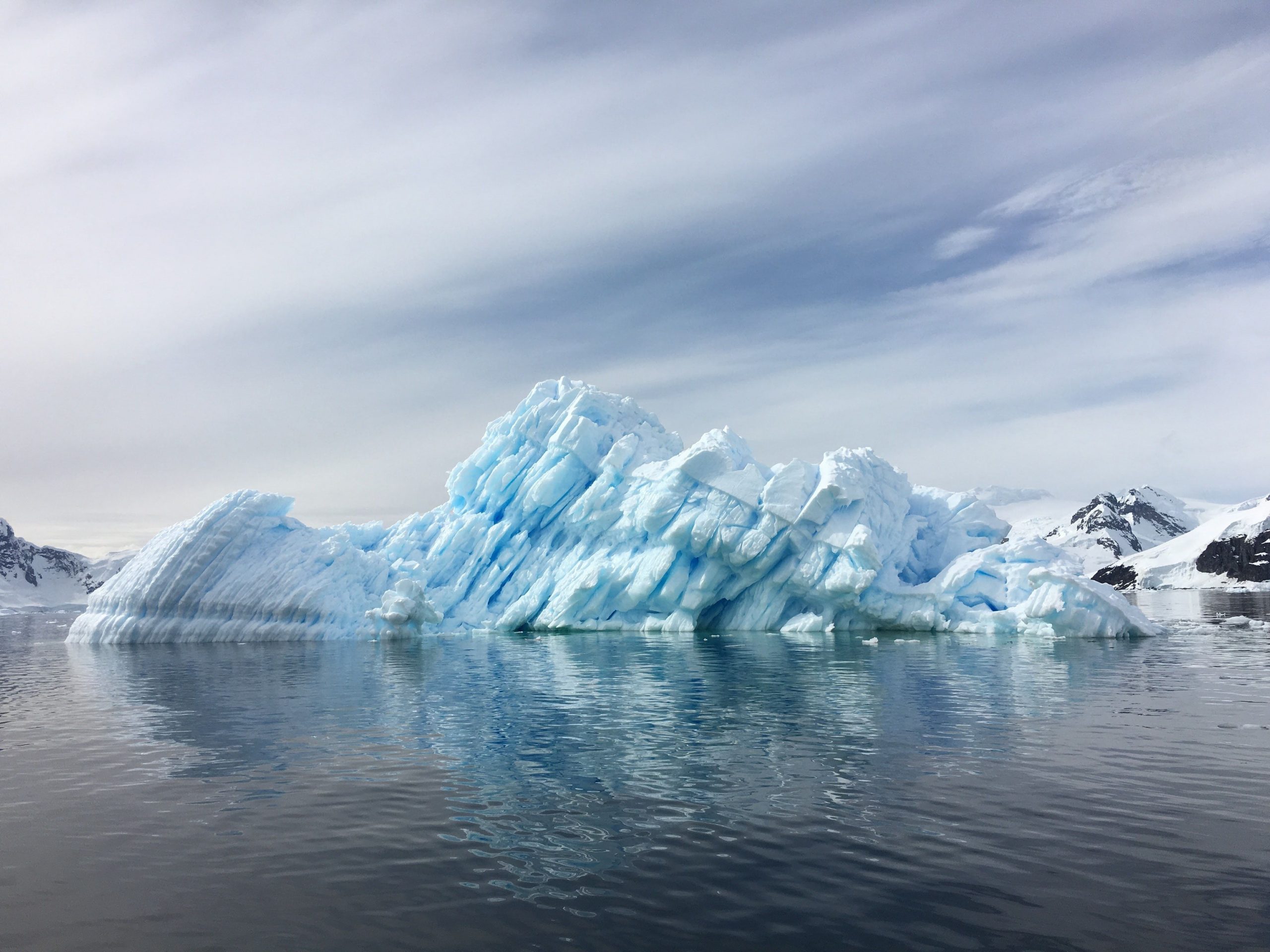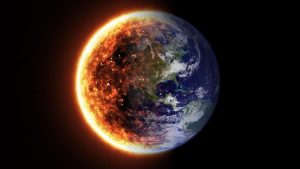Britain is naming a thinning Antarctic ice mass the Glasgow Glacier, to symbolize the vast implications for the world of a climate conference that starts Sunday in the Scottish city.
More than 120 world leaders will join British Prime Minister Boris Johnson in Glasgow for the COP26 summit. Britain is calling the gathering one of the world’s last chances to keep alive the goal, agreed in Paris in 2015, of limiting global warming to 1.5 degrees Celsius (2.7 degrees Fahrenheit) above pre-industrial levels.
Also Read: US Supreme Court to hear climate change, immigration case
Scientists from the University of Leeds in England have studied a chain of glaciers in the Getz basin of Antarctica, and found their journey from land to ocean sped up by an average of 25% between 1994 and 2018 due to climate change, shedding 315 gigatonnes (347 billion U.S. tons) of ice and contributing to rising global sea levels.
The glaciers, which lie in the British Antarctic Territory, will be named after cities that have hosted climate conferences, reports or treaties, including Rio, Kyoto, Paris and Glasgow.
Also Read: Despite decades of climate talks; Earth got hotter and deadlier
Johnson said that “by naming this glittering giant of nature after the city where next week humankind will gather to fight for the future of the planet, we have a stark reminder of what we are working to preserve.”
Urging leaders of the Group of 20 major economies, meeting this weekend in Rome, to raise their carbon-cutting commitments, Johnson said the Glasgow meeting “represents our best chance” to “keep the goal of 1.5 degrees alive.”
Also Read: As COVID cases rise, some activists fearful of climate talks
Johnson has been pressing leaders from some of the G-20’s biggest carbon emitters — including India, Australia and China — to make quicker and deeper cuts to their emissions. But he had little in the way of firm commitments to show for it as he prepares to head back to the U.K. and said he rated the chances of success for the Glasgow summit as 6 out of 10.







